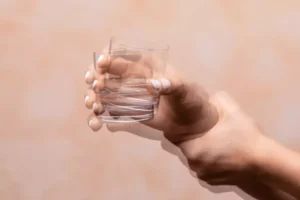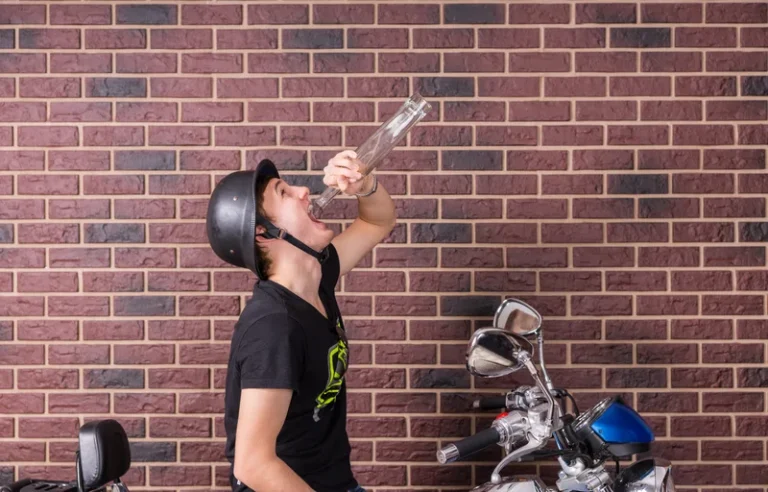Those who are unfamiliar with the treatment and recovery process may not understand the meaning of making living amends when it comes to sobriety. Making living amends is not just about apologizing to your friends and family. It’s also about showing them and yourself through your actions that you are dedicated to your sobriety. After acknowledging how actions tied to their addictions had a negative impact on people in their lives, those in 12-step recovery programs commit to making direct amends whenever possible.
Recovery Coaching
When someone is in the throes of active addiction, their behavior and choices often clash with their true values, causing significant harm to their relationships with family, friends, and loved ones. Making amends in recovery offers a profound opportunity to acknowledge past wrongdoings, take responsibility for one’s actions, rebuild trust, and repair damaged connections. The different types of amends are direct, indirect, and living. When someone struggles with addiction, they are not the only ones affected.
What is the role of a sponsor in the amends process?

One of the best ways you can make long-lasting changes to your relationships is by being true to your word. Essentially, don’t make promises that you can’t keep and do everything you can to live up to the promises you do make. The unfortunate truth is that we’re all human and we all fall short sometimes. However, that doesn’t mean you’ve failed at your new, honest and sober lifestyle. You can still be true to that by making an honest apology and not making excuses for why you didn’t follow through. Then, the next time around, make sure to make good on your word.
Making Amends: How to Approach Step 9 AA… and When Not To
In these cases, they make promises of cleaning up their act and changing their behaviors to their loved ones just before they die. This ongoing nature of making amends can lead to self-healing by alleviating the stress tied to previous behaviors, potentially averting relapse. Next, your amends script should also encompass the expression of heartfelt regret. This involves showing that one’s actions now align with their intentions, as opposed to the misalignment or downright manipulations that often occur during active addiction. To express regret genuinely includes acknowledging the emotional impact of one’s actions on others.
Living amends is a concept linked to addiction recovery and part of the twelve-step program for sober living. In simple terms, it means taking responsibility for the person you used to be and how you caused harm to the people in your life who care about you. State how you are taking personal responsibility for the hurt you’ve caused. Making amends means apologizing but also goes one step further—doing everything in your power to repair the damage, restore the relationship, and/or, replace what you took. If you’re writing a letter, whether sending or sharing it in person, spend some time reflecting on and sharing the actions you’re taking to redress the wrong(s) done.
What Will the Scholarship Pay?

Sometimes I can listen supportively for a short period of time. Over the years, in small bits and pieces, I have been able to share small pearls of my Al-anon wisdom. It’s much easier to just apologize and move on, but committing to living your life differently looks different. Making these types of life improvements typically requires that you work with a counselor or therapist who can provide an outsider’s perspective and objective view of your life.

If someone does not want to hear from us, we respect that and do our best to move forward with our recoveries. On the surface, making amends might sound as simple as offering a sincere apology for your treatment of others, but there’s more to this cornerstone Twelve Step practice. It would be easy to think there is nothing more WYG can write about guilt and grief. We’ve written about how common guilt is in grief (you wouldn’t believe how many people get the «coulda woulda shouldas»). We wrote an article about the difference between guilt and regret.
- In rare cases, making amends in recovery may inadvertently lead to further harm or negative consequences for the individual or the person receiving the amends.
- We’ve given you journaling exercises around coping with regret.
- Far from being a one-off activity, making amends should be a consistent commitment throughout the recovery process from a drug or drinking problem.
- The problem is there, and that person is in front of you right now.
- You will need to demonstrate that you are committed to rebuilding trust and repairing your relationship with them.

Whenever possible, a direct amend is made face-to-face rather than over the phone or by asking someone else to apologize on your behalf. A big part of working the 12-Step Program is making amends. Unfortunately, after you get sober, all the hurt and destruction you caused in the wake of your addiction doesn’t just go away. You have to put in the work to repair the damage and heal those relationships. To make amends, you must do more than just make apologies for your past behavior. Instead, making amends means you apologize for what you’ve done and make it right.
Recovery Stories

Making Amends with Others has positioned itself in the public eye to a degree that many of the other eleven steps haven’t. That’s because it attempts to rectify the outward consequences of the disease. Many alcoholics in early sobriety struggle with how to make direct amends for https://ecosoberhouse.com/ certain offenses against others. To help, we’ve compiled a list of examples of making amends in recovery that deal with ambiguous scenarios. Direct amends are not always possible or practical, but that doesn’t mean the individual is unable to demonstrate changed behavior.